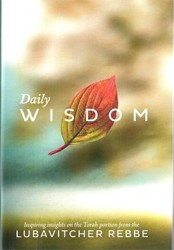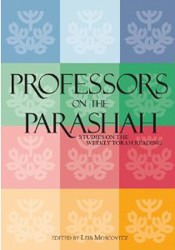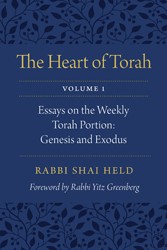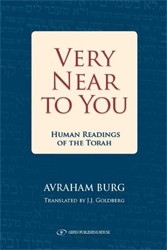By
– January 11, 2012
The audience for The Everyday Torah is the layperson — Jewish and non-Jewish— who wishes to gain insights, primarily psychological in nature, from each of our weekly Torah readings. Rabbi Artson provides three astute and spiritual essays for each weekly reading. I imagine that the number three was chosen so that a congregant could read one essay per parasha per year, thus making The Everyday Torah compatible with a triennial Torah reading cycle and easily accessible to modern attention spans. The questions and possible actions that we are left with at the conclusion of each essay are stimulus for extended thought. They are always Torah-based with commentary usually from Rabbinic sources. Artson masterfully explains and interprets these often subtle and obscure texts so that the wisdom of the classic rabbis becomes intelligible to the modern reader. I was curious as to why Rabbi Artson chose not to write essays for the last parasha. Two possibilities came to mind: since the last parasha is read only on Simchat Torah, most rabbis do not deliver a drash on that day. Or is this indicative of our reluctance to deal with issues of death (the death of Moses in this chapter is the locus classicus for our death rituals). That aside, the fact that a major publishing house, McGraw Hill, chose to issue this book speaks for its potential importance and relevance.
Stuart Kelman is the Founding Rabbi of Congregation Netivot Shalom in Berkeley, CA and the Dean of the Gamliel Institute.





